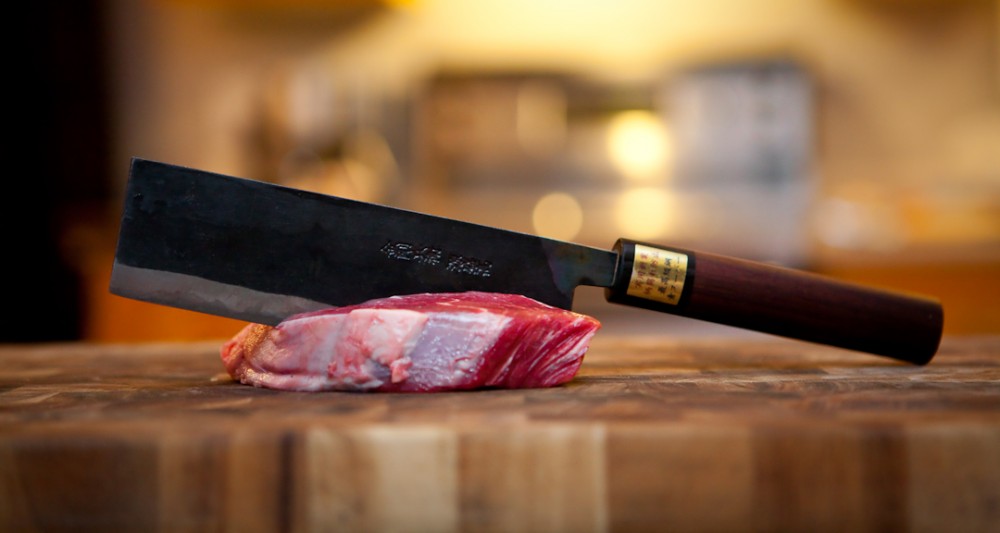I’ve been watching a lot of cooking documentaries on Netflix lately, many of which focus on a particular chef or restaurant. Without exception, whenever there is an interview with a chef the first thing they talk about is the insane hours that they HAVE to work in order to keep their restaurant going. They have to work all day, every day, and their romantic relationships always fail because they never have any time to spend with their wives of girlfriends. No other professional people in the world, including active duty combat soldiers, make their profession out to be as difficult. This is complete bullshit.
When a chef talks about the hours they work they are often exaggerating or outright lying. I saw one documentary where they guy claimed to work 16 hours a day. He lived in a huge house clearly nowhere near his downtown restaurant, so when you factor in driving and taking time to be interviewed by documentary makers, the person would essentially have not slept for several decades. Though chefs exaggerate, they do work long hours. The reason they work all these hours, in my opinion, is partly because they love being at their restaurant and partly because they aren’t good managers and delegators.
If you watch enough cooking documentaries it is easy to lose sight of the fact that cooking isn’t actually the most difficult thing that human beings do. In fact, there are all kinds of things that are just as difficult, or even more difficult, then running a kitchen. Launching a manned rocket into space for example. Building a hydroelectric dam in a remote area would be another good one. If there is one unifying characteristic of all the most difficult projects undertaken by human beings is that they don’t instantly collapse in failure if someone takes Friday off.
Believe it or not, it is possible for a head chef to hire competent cooks and train them to the extent where you can come into the restaurant in the morning and make sure all the ingredients are in stock and the prep is going smoothly and then go out to a movie with your girlfriend that night and let them handle the dinner service. If a chef can’t manage to do that once a week he is either a compulsive micromanager or is sleeping with the pastry chef.
